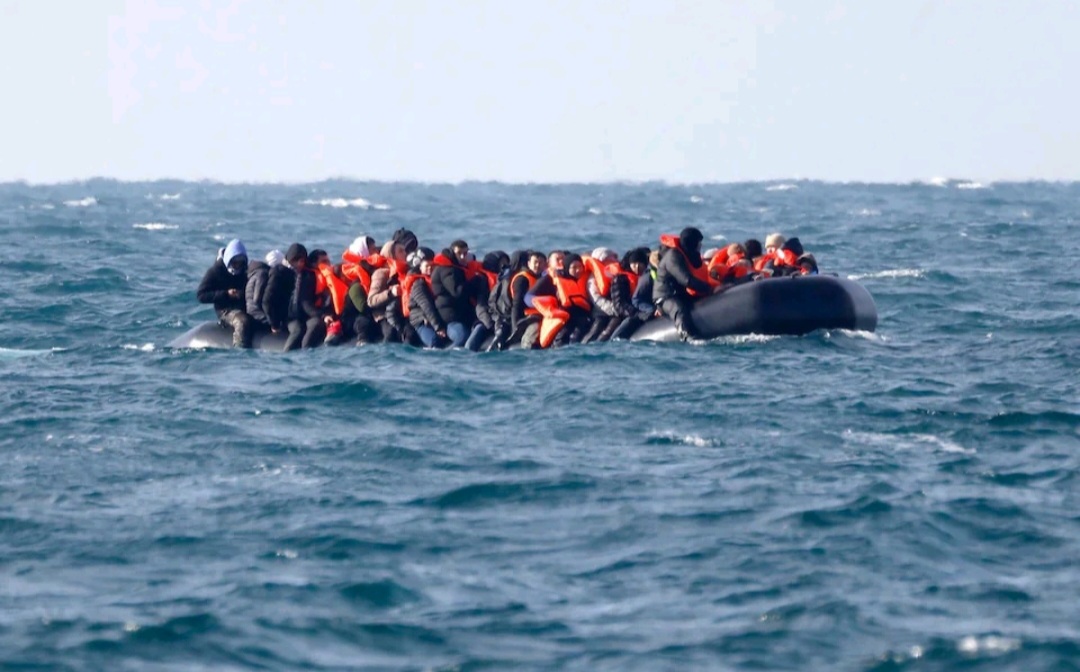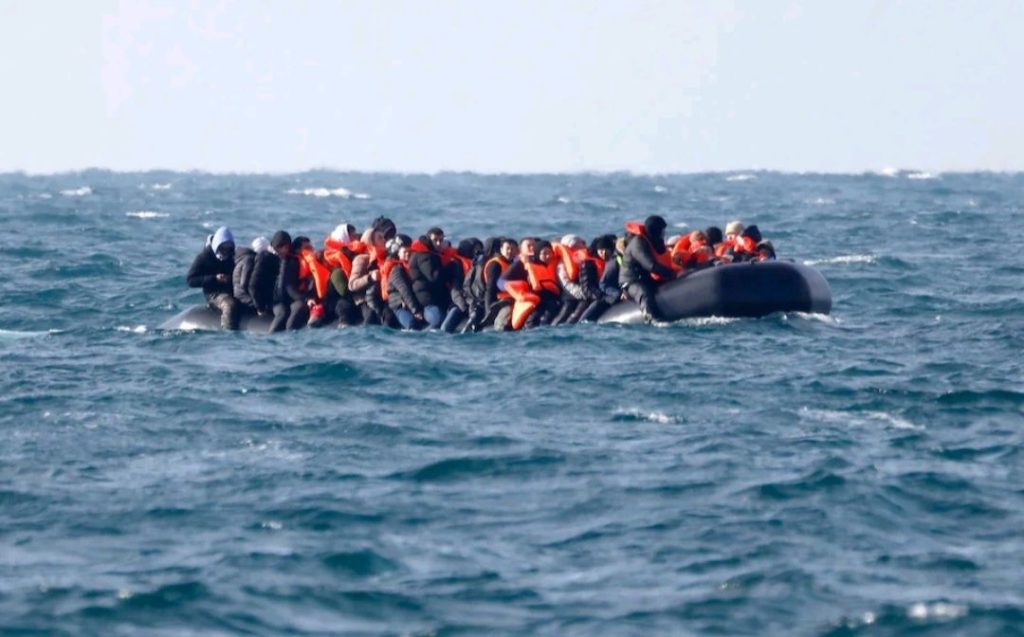
In recent times, the English Channel has become a symbol of hope and desperation for migrants seeking a better life in the United Kingdom. Among the myriad of nationalities making perilous journeys across its waters, one group stands out: the Vietnamese. With an increasing number of arrivals from Vietnam, the spotlight intensifies on the UK’s migration policies and the challenges posed by irregular migration

According to the report by The Telegraph The statistics paint a stark picture. Data reveals that Vietnamese migrants now represent the largest single nationality among those attempting the treacherous Channel crossings. This trend highlights a significant shift in migration patterns, raising questions about the root causes and implications for both the UK and Vietnam.
The reasons behind this surge in Vietnamese migrants risking their lives to reach British shores are multifaceted. Economic disparities, political instability, and the promise of better opportunities are some of the driving forces propelling individuals to undertake such hazardous journeys. Moreover, the rise in human trafficking networks exploiting vulnerable individuals adds another layer of complexity to the issue.
Against this backdrop, the UK government finds itself grappling with mounting pressure to address the escalating crisis. Calls for more robust border control measures, enhanced cooperation with international partners, and targeted interventions to tackle the root causes of migration resonate within political circles and beyond. However, finding a balance between safeguarding national security and upholding humanitarian principles remains a daunting task.
In the midst of these challenges, the UK government has introduced the Rwanda Bill, signaling its determination to curb irregular migration and combat human trafficking. The proposed legislation aims to strengthen border enforcement measures and establish partnerships with countries like Rwanda to facilitate the return of irregular migrants. However, the bill faces scrutiny and debate in the House of Lords, underscoring the complexities surrounding migration policy and the need for comprehensive, sustainable solutions.
As the debate rages on, the plight of Vietnamese migrants serves as a poignant reminder of the human cost of migration and the urgency of finding effective strategies to address the underlying causes. While border control measures play a crucial role in managing migration flows, they must be complemented by efforts to tackle the root causes of displacement, promote economic development, and uphold human rights.
Moreover, addressing the issue of irregular migration requires a coordinated, multi-stakeholder approach involving governments, international organizations, civil society, and local communities. By fostering dialogue, sharing best practices, and mobilizing resources, stakeholders can work together to create safer, more dignified pathways for migrants and refugees while addressing the concerns of host countries.
In conclusion, the dominance of Vietnamese migrants among those crossing the English Channel underscores the complexities and challenges of irregular migration. As the UK grapples with record numbers of arrivals, it is imperative to adopt a comprehensive approach that combines border control measures with efforts to address the root causes of migration and uphold human rights. Only through collective action and solidarity can we build a more inclusive and sustainable




